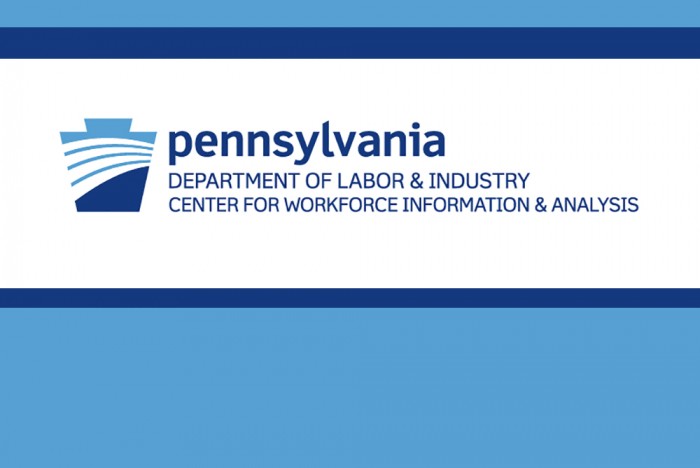Representative Natalie Mihalek (R-Allegheny/Washington) announced that she has introduced legislation to establish a grant program to support the Commonwealth’s human services system. Referred to as the Nonprofit Economic Emergency Delivery System (NEEDS) Grants Program, the initiative will focus on the more than 8,500 nonprofit organizations that provide critical services for Pennsylvania’s most vulnerable population, while employing a significant percentage of the Commonwealth’s workforce. See press release: Mihalek Introduces Legislation to Establish Grant Program to Support Pennsylvania Nonprofit Organizations.
Mihalek noted that nearly 80% of nonprofit revenue comes from government grants or contracts and fees for service. “Many nonprofit organizations are struggling financially due to COVID-19, with fundraising events being canceled and donor, foundation and government support drying up,” continued Mihalek. “Yet, the need for these organizations to support communities across our Commonwealth is at all-time high. Nonprofit organizations must be able to continue to provide services to the most vulnerable Pennsylvanians, especially those who have suffered due to COVID-19. If these organizations fail, there will not be a way to provide critical services such as food, shelter, medical treatment, child care, workforce training and more.”
Mihalek’s legislation, introduced as House Bill 2740, would establish a statewide competitive grant program for eligible community-based human services nonprofit organizations (i.e., child care centers, domestic violence centers, early intervention service providers, food banks, alternative education providers, organizations serving individuals with intellectual and/or developmental disabilities, etc.) that were impacted by the COVID-19 crisis either by closure, increased service delivery, or loss of revenue. Under this proposal, $200 million in the COVID-19 Response Restricted Account would be transferred to the Commonwealth Financing Authority to provide grants to these nonprofit organizations. The maximum grant would be $500,000 per eligible nonprofit organization.
If you have questions or feedback, please contact your RCPA Policy Director.


















